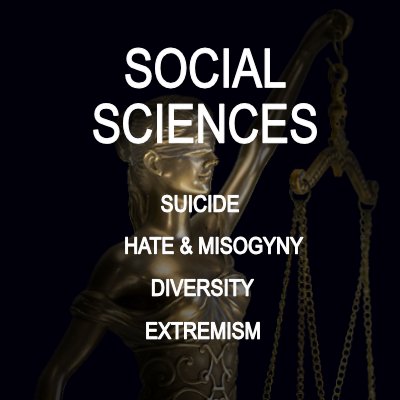The Birth and Death of Meaning. An interdisciplinary perspective on the problem of man.
By Ernest Becker
What I have tried to do here is to present in a brief, challenging, and readable way the most important things that the various disciplines have discovered about man, about what makes people act the way they do. This is the most intimate question that we know, and what I want to do is to present to the intelligent reader that knowledge that the experts themselves get excited about. One curious thing that separates the social from the natural sciences is that the natural sciences, with much fanfare, immediately communicate to the general public their most exciting new ideas: the social sciences tend to nurse their significant insights in scholarly oblivion. As a result people feel that the social sciences are not doing anything important or exciting. But the opposite is true: probably the most thrilling and potentially liberating discoveries have been made in the fields of anthropology, sociology, psvchology, and psychiatry. The result is that we are today in possession of an excellent general theory of human nature, and this is what I want to reveal to the reader.
NY. The Free Press. 1971. 238p.


